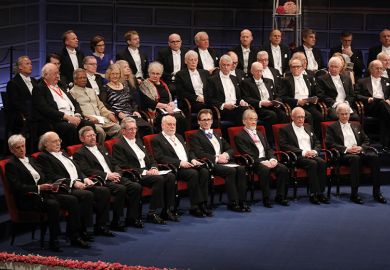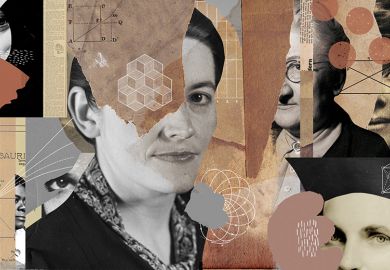The Nobel Prize for Medicine 2017 has been jointly awarded to three US biologists for their work unveiling the mysteries of the human biological clock.
Jeffrey C. Hall, Michael Rosbash and Michael W. Young received the prestigious prize for research detailing “discoveries of molecular mechanisms controlling the circadian rhythm”, which is fundamental to human life.
Professors Hall and Rosbash are researchers at Brandeis University and Professor Young comes from The Rockefeller University. The group began their studies into circadian rhythms almost 30 years ago.
Scientists have long understood the existence of an internal, biological clock in humans, plants and animals allowing them to adapt to regular daily rhythms and sleep cycles, but relatively little has been known about how the clock works until recently, the awarding body noted.
By testing on fruit flies, this year's Nobel laureates isolated a gene that controls the normal daily biological rhythm in living organisms.
Professor Hall, Professor Rosbash and Professor Young were able to demonstrate that this gene encodes a protein that accumulates in the cell during the night, and is then degraded during the day – showing that all types of life on Earth regulate their body clock according to the sun.
The research also details the damaging effects a disturbed sleep pattern can have on an individual – for instance jet lag or insomnia – including increased risk of various diseases.
Announcing the winners in Stockholm on 2 October, the prize committee said the discoveries acted as a good reminder of the importance of keeping a healthy sleep pattern, in keeping with the natural patterns of day and night.
Register to continue
Why register?
- Registration is free and only takes a moment
- Once registered, you can read 3 articles a month
- Sign up for our newsletter
Subscribe
Or subscribe for unlimited access to:
- Unlimited access to news, views, insights & reviews
- Digital editions
- Digital access to THE’s university and college rankings analysis
Already registered or a current subscriber?








